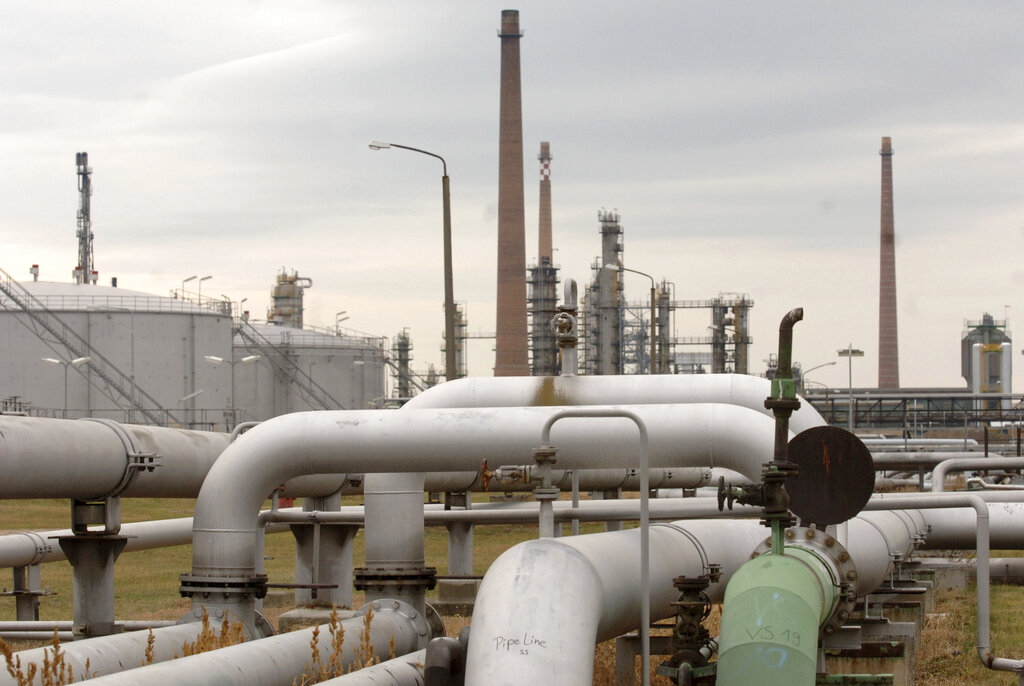After leaked documents from U.S intelligence revealed that Ukrainian President Volodymyr Zelensky planned to blow up a vital oil pipeline delivering Russian oil to Hungary, the Hungarian government expressed outrage. However, that outrage is now turning into concrete policy moves by the Hungarian government, including blocking €500 million in EU military aid to Ukraine.
A Hungarian government official, speaking to Hungarian news outlet Index, confirmed that Zelensky’s proposed plan to blow up the pipeline, along with new sanctions placed on Hungary’s biggest bank, OTP, have driven the Hungarian government to take action and block the European Peace Facility funding.
As Remix News reported, a leak obtained by The Washington Post revealed that Ukraine was planning to blow up the Druzhba oil pipeline that transports crude from Russia to Hungary. The leaked documents indicate that Zelensky proposed at a February meeting with Deputy Prime Minister Yulia Svyrydenko that Ukraine should carry out the action to cripple Hungarian energy infrastructure reliant on Russian oil.
The Druzhba oil pipeline is of strategic importance for the Hungarian economy, and its loss would cause serious problems for the country, according to the Hungarian government source who spoke to Index.
The news that Ukraine was even considering an attack on a NATO country’s industrial sector may mark a new low in Hungarian-Ukrainian relations. One Hungarian security analyst stated this week on Hungarian television that any such attack would have amounted to a terrorist act and led Hungary to activate Article 5 of the NATO treaty, which would require a military response from Hungary’s NATO allies.
The cabinet member told Index that Raiffeisen Bank has a much bigger presence in Russia, yet the Ukrainians have not sanctioned it. Instead, they have exclusively targeted the Hungarian bank. As long as Ukraine does not correct this, the Hungarian position will not change because according to the Hungarian government’s position, “sanctions are written in Brussels, not in Kyiv.”
The government source also made clear that the Friendship oil pipeline is of strategic importance. The southern branch of the pipeline — which the Ukrainian president has talked about blowing up — carries around 8 million tons of Russian oil a year.
The source said the critical nature of the pipeline for the Hungarian economy is well known, which is why Hungary was first granted an exemption from the ban on Russian oil.
Government sources said that even if domestic reserves were sufficient for several months, and even if the Adriatic pipeline could make up part of the shortfall, a lack of Russian crude would still be a major problem for Hungarian industry.






